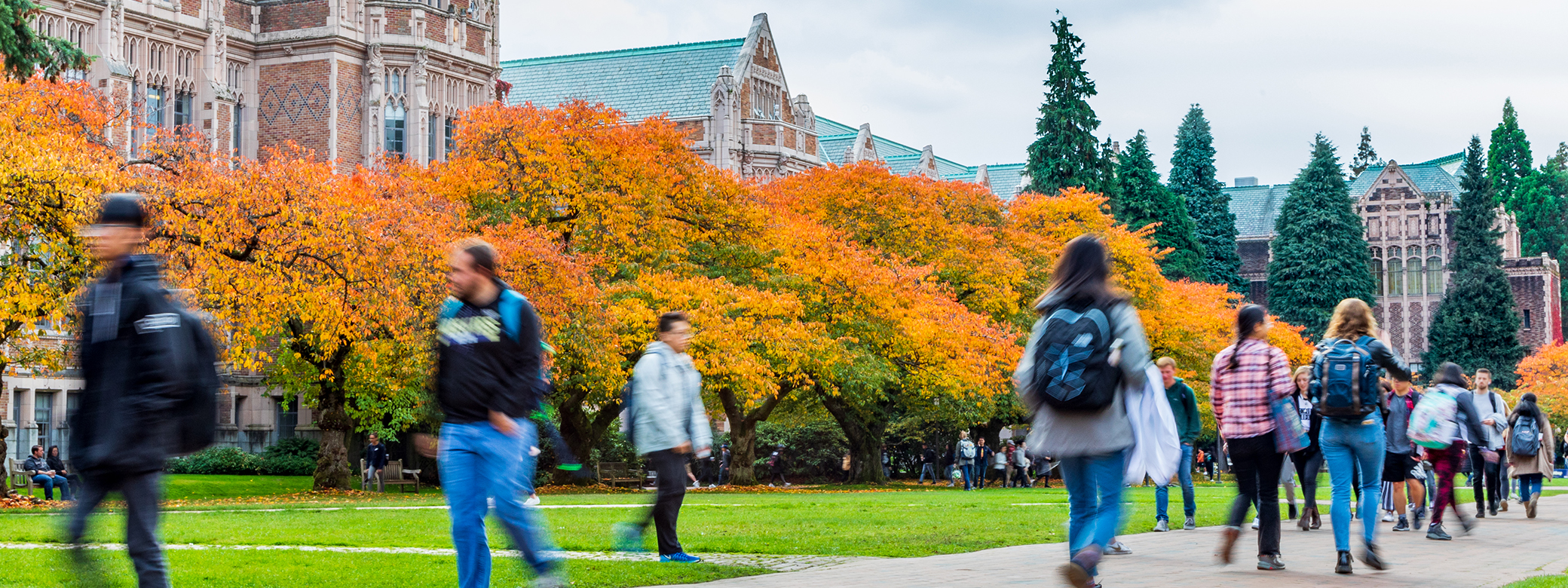-
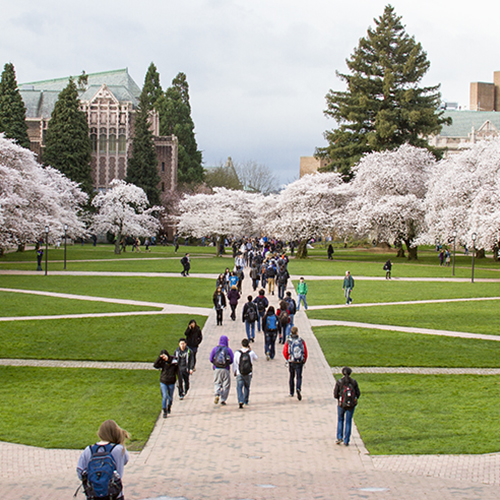
Cool Courses for Spring 2023
It's time to think about spring quarter! Check out these cool Arts & Sciences courses to be offered this spring.
02/06/2023 | College of Arts & Sciences -

UW project has uncovered thousands of racially discriminatory housing covenants in Washington state – and it’s not done yet
More than 40,000 property deeds containing racially discriminatory language have been uncovered in Western Washington by the Racial Restrictive Covenants Project. Director James Gregory, professor of history at the University of Washington, and his team aren't finished yet.
02/06/2023 | UW News -
‘Thick as Mud’ at the Henry Art Gallery shows that mud is more than just a material
The new exhibition at the Henry Art Gallery, “Thick as Mud,” brings together artworks created by eight artists from around the world and invites viewers to ponder these associations.
02/06/2023 | The Daily -

Q&A: The benefits and hazards of social media for teens
Lucía Magis-Weinberg, a University of Washington assistant professor of psychology, explains how social media use can affect youth mental health.
02/03/2023 | UW News -
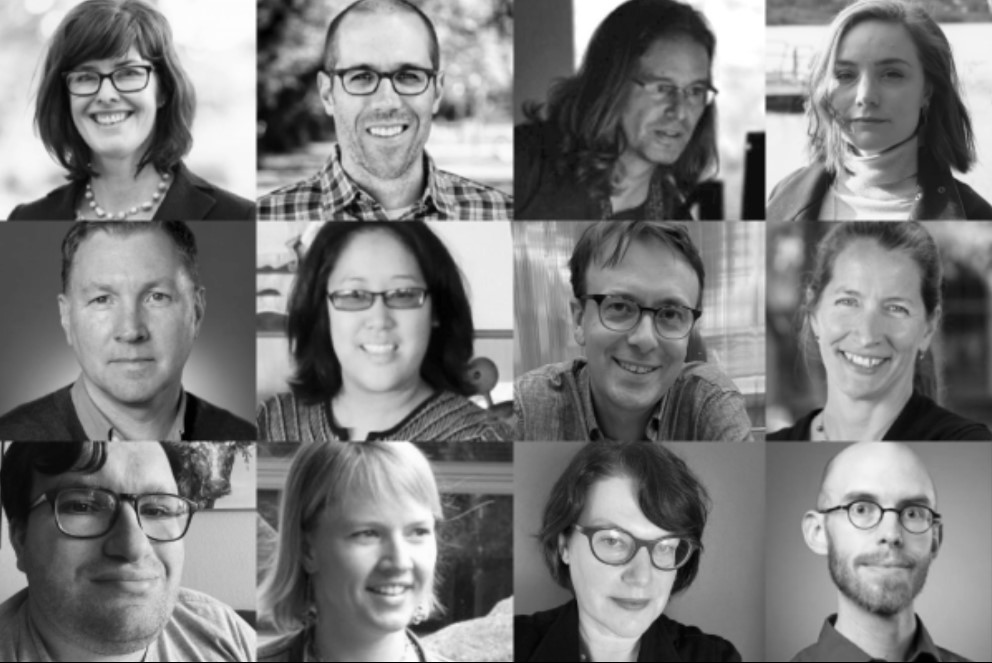
ArtSci Roundup: LIVE from Space, History Lecture Series, Going Public Podcast Launch, and more!
Attend lectures, performances, and more!
02/03/2023 | UW News -
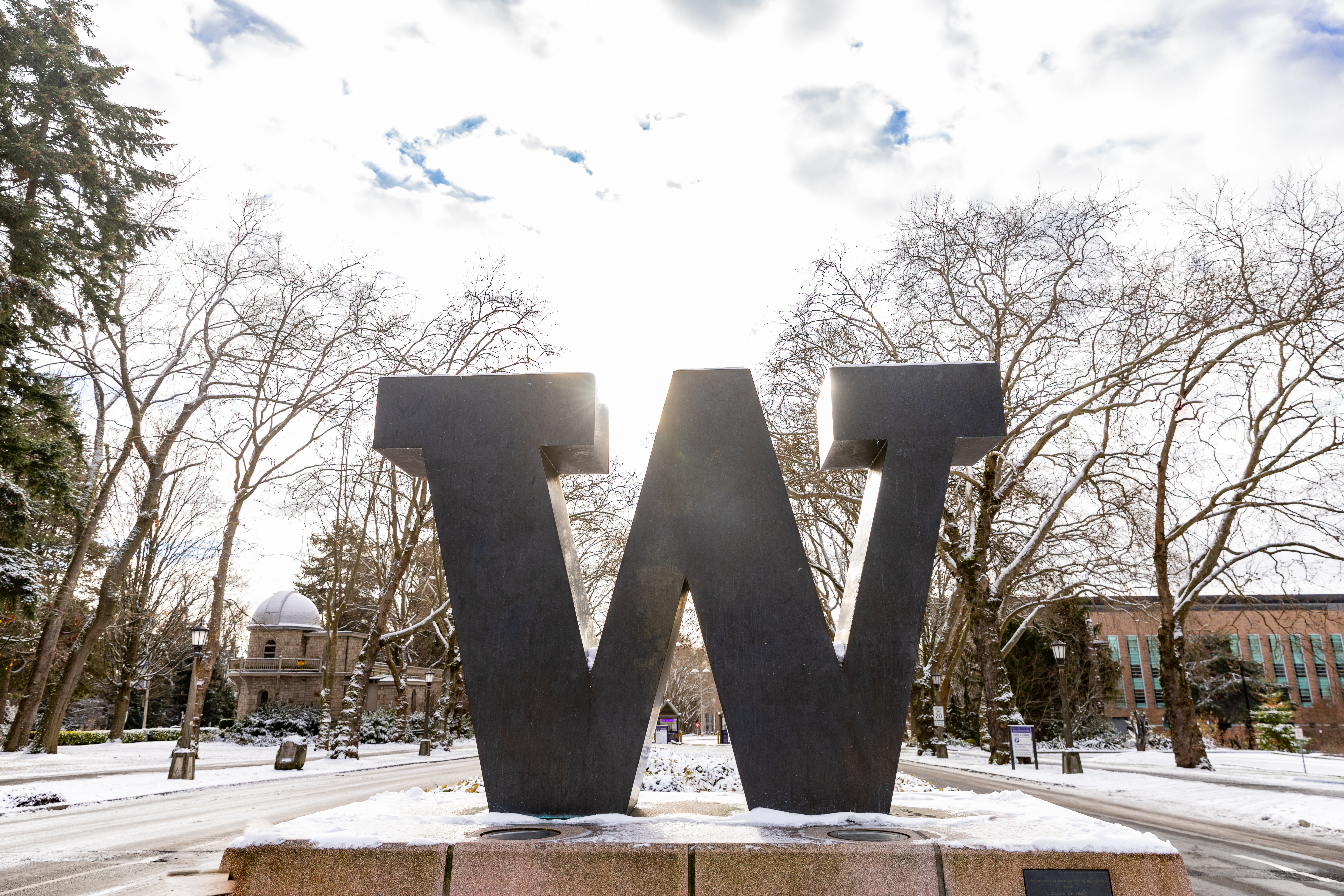
Q&A: UW historian explores how a Husky alum influenced postcolonial Sudan
Christopher Tounsel, associate professor of history at the University of Washington, found multiple connections between Sudan and Seattle while researching his upcoming book. The most prominent was the late Andrew Brimmer, a UW alum who in 1966 became the first Black member of the Federal Reserve Board of Governors.
02/01/2023 | UW News -
Scene of Change | Be Boundless
Briana Abrahms, Assistant Professor and Boersma Endowed Chair in Natural History and Conservation, UW Department of Biology, uses data to help people and animals coexist with climate change in Botswana.
02/01/2023 | UW News -
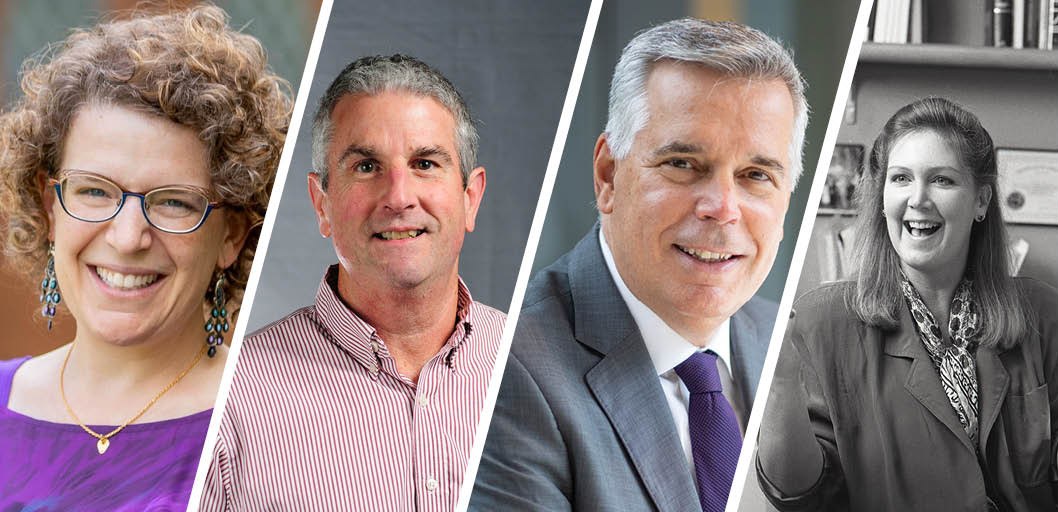
Four UW researchers named AAAS Fellows in 2022
Four University of Washington researchers have been named AAAS Fellows, according to a Jan. 31 announcement by the American Association for the Advancement of Science. They are among 506 new fellows from around the world elected in 2022, who are recognized for their scientifically and socially distinguished achievements in science and engineering.
01/31/2023 | UW News -
A history of innovation: How Seattle changed the world
Ever wonder what the world would be like without planes, computer software and online shopping? Thanks to progressive Seattle innovators and change-makers, the world is a much better place to live, work and play. Margaret O'Mara, professor of history at the UW, is quoted. Parse Biosciences, a UW spinout company, is mentioned.
01/30/2023 | KOMO -
A history of innovation: How Seattle changed the world
Ever wonder what the world would be like without planes, computer software and online shopping? Thanks to progressive Seattle innovators and change-makers, the world is a much better place to live, work and play. Margaret O'Mara, professor of history at the UW, is quoted.
01/30/2023 | KOMO
